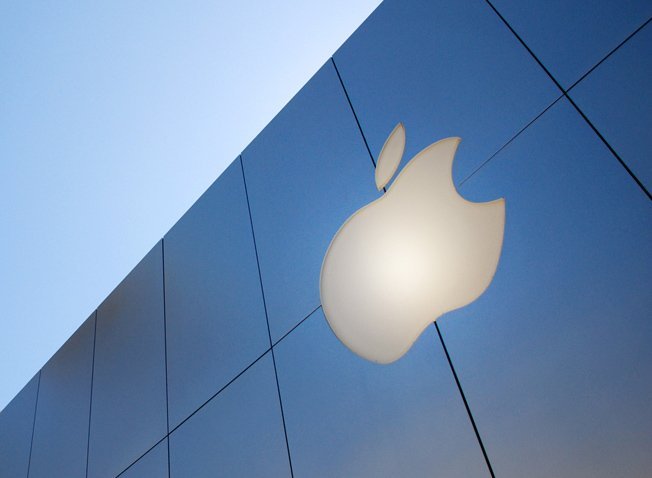You may have noticed that it’s gotten harder for Apple (AAPL) to surprise us lately, especially since parts and specs for both the iPhone 5 and the iPad mini have leaked out well before their release dates. According to a new report from Ars Technica, these leaks have come despite the fact that security protocols within Apple are even tighter under CEO Tim Cook than they were under Steve Jobs. Instead, the publication says that the reason Apple can’t keep secrets anymore is because it has little control over information leaked out from its massive supply chain.
“Apple’s security practices are targeted at making sure US employees don’t leak stuff, but everything comes out of China now,” one Apple employee told Ars Technica. “I think Apple’s secrecy mode is really outdated.”
“Clearly, the people who need the security training are not here,” another Apple employee said. “They’re not getting the same level of scrutiny as we are, and it shows.”
What leads these Apple employees to conclude that the leaks are coming from outside? In the first place, most of the leaks are of individual parts rather than full diagrams or models of finished devices. Second, Apple engineers pride themselves on their ability to keep secrets and see leaks as being disrespectful toward one another’s work.
“You’ve got thousands of people working on manufacturing something who have no vested interest in keeping it secret,” another Apple employee said. “It will be increasingly hard to hide the industrial design we do because we manufacture things overseas. Since we don’t do it in the US, it’s may be hard to surprise people over anything in the future.”






